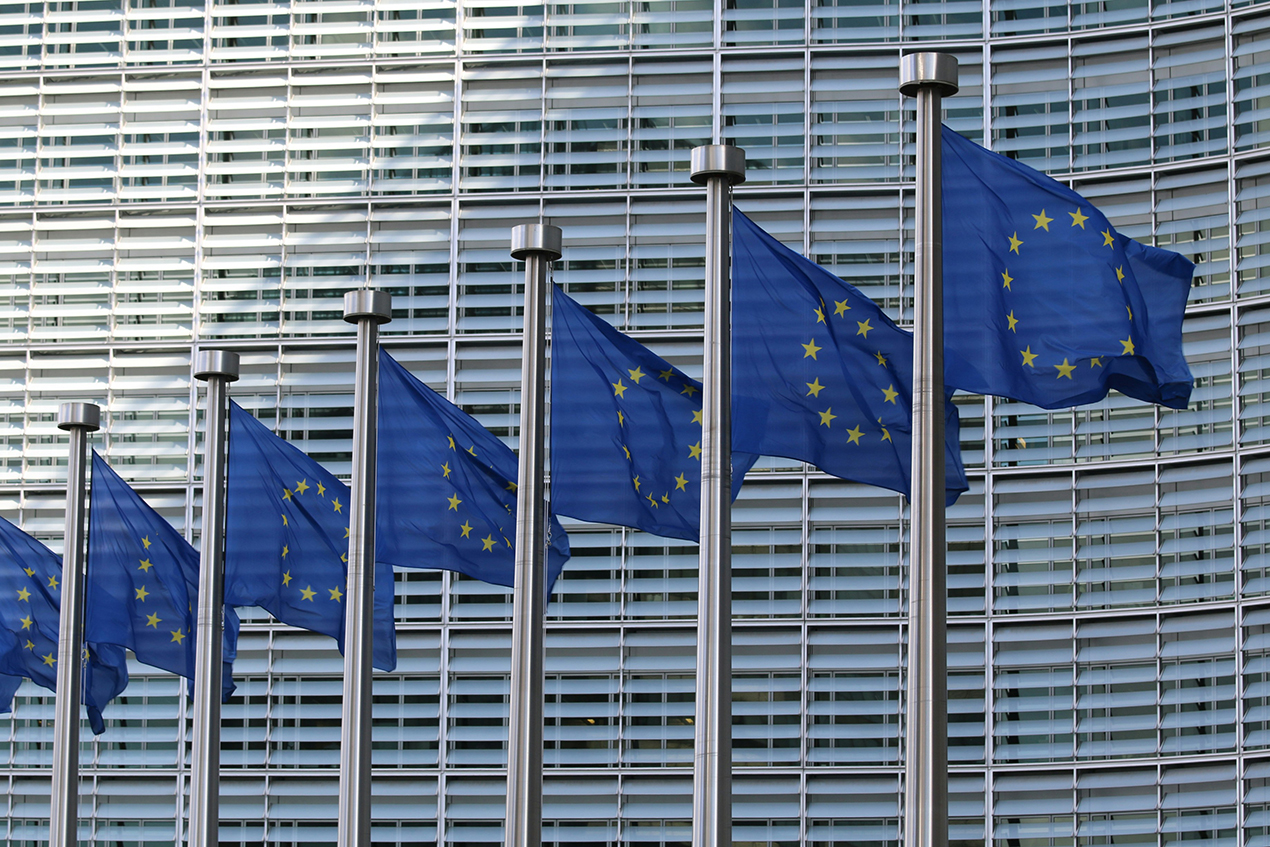News
EU and OPEC Strengthen Exchange of Energy Decisions
Officials from the European Union and the Organization of the Petroleum Exporting Countries (OPEC) held a roundtable meeting in Brussels on Wednesday to seek to strengthen the exchange of information in the field of energy decision-making. This meeting is part of the "EU-OPEC Energy Dialogue" mechanism. During the meeting that day, EU representatives introduced the new energy policy adopted by the EU earlier this year to OPEC officials, while OPEC representatives elaborated on its measures to stabilize international crude oil market prices and its goal of increasing crude oil production. The EU proposes to expand the proportion of renewable energy in total energy consumption to 20% by 2020, while reducing greenhouse gas emissions by at least 20% compared to 1990 levels.This new energy policy of the European Union has caused concerns among OPEC member countries about the demand prospects of the international crude oil market. OPEC members want to know more about the impact of EU decisions. At the same time, the EU also hopes that by strengthening cooperation with OPEC, it will be informed of OPEC's decisions to increase or reduce production and its considerations in a timely manner to ensure the security of energy supply. Participants also exchanged views on the prospects of the energy market. A joint press announcement issued after the meeting concluded that conventional and non-traditional oil resources will be sufficient to meet demand until 2030. Although the EU has taken a series of measures in recent years to encourage the development of renewable energy, the fact that oil is the world's main energy source cannot be changed.
The European Commission released a report on Wednesday saying that the EU's regional integration policies are showing results. Some less prosperous regions have benefited from EU funding, and the gap with rich regions has further narrowed. According to the EU regional integration policy, the EU arranges tens of billions of euros in funds every year to help economically backward areas accelerate economic and social development. In the report on the EU's economic and social integration published that day, the European Commission made a preliminary assessment of the implementation of the EU's regional integration policy from 2000 to 2006. The report believes that with the help of integration policies, the income and employment conditions of some less prosperous regions are increasingly improving, and the gap between rich and poor within the EU is narrowing. For example, from 2000 to 2006, EU regional integration policies drove the economies of Greece and Portugal to grow by 2.8% and 2.0% respectively. Preliminary forecasts show that between 2007 and 2013, integration policies will drive the economic growth of new members such as Lithuania, Latvia and the Czech Republic by 8.5%.

